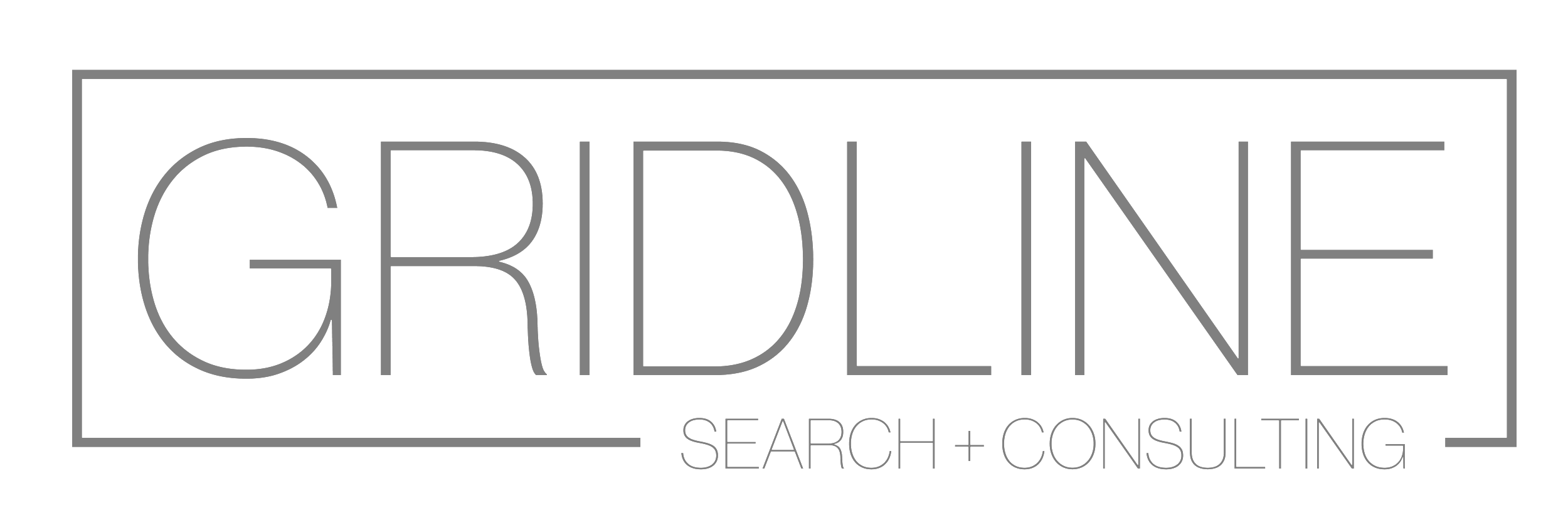As we move further into 2025, we are beginning to see early indicators of renewed lateral hiring for M&A associates across several major legal markets. This is not yet a return to the levels of activity seen during the post‑pandemic boom, but there are signs that New York, Boston, and the Bay Area are cautiously adding to their corporate ranks as optimism about M&A activity slowly builds.
What stands out about the current openings is how targeted they are. Firms are not casting a wide net for general corporate associates. Instead, most positions require highly specific experience—such as working on public company M&A transactions, private equity‑sponsored buyouts, or emerging company deals, often within sectors like financial services or life sciences. Associates who can point to direct experience leading diligence teams, drafting key transaction documents, or managing filings and closing processes will be best positioned.
The demand is also heavily concentrated at the mid‑level. Most firms are seeking associates with at least three years of relevant M&A experience, capable of stepping into active deal teams with minimal ramp‑up. Junior roles remain scarce, while senior associate or counsel positions—when they arise—tend to be highly competitive and often require a deeper track record of client‑facing responsibilities and business development potential.
Geographically, New York remains the hub of activity, with its broad mix of industries and transactional volume driving most of the lateral hiring. The Bay Area is showing selective growth, as venture and private equity activity in the tech sector begins to recover. Boston’s opportunities remain more measured, tied largely to life sciences and financial services transactions, but the market is still seeing a slow but steady increase in demand.
For associates considering their next move, the reasons remain consistent. Some are motivated by the desire to relocate to a new city for personal or professional reasons. Others want to shift focus—for example, moving from a broad corporate group to a team that focuses more narrowly on public company deals or private equity work. Still others are seeking a firm where advancement prospects may be stronger, whether through a more active deal pipeline or a clearer path to senior associate and beyond.
While these openings are still selective and specialized, their reemergence reflects a trend that began taking shape at the start of 2025: firms are cautiously preparing for a pickup in deal activity, with M&A—the core driver of most corporate practices—leading the way. For mid‑level associates with the right backgrounds, this could be a window to make a strategic move before the market fully shifts into a more active hiring cycle.










